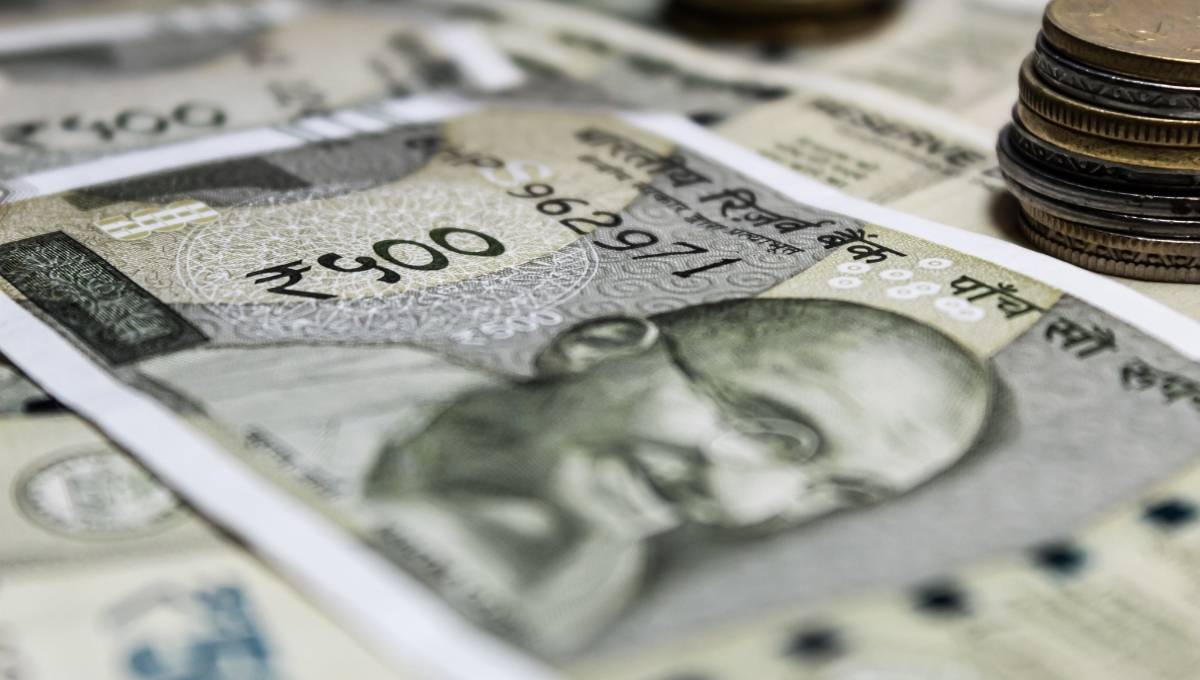Government is likely to hike the dearness allowance (DA) by 4% in March 2024, according to reports. The increase in DA is expected to benefit approximately 48.67 lakh central government employees and 67.95 lakh pensioners.
The cumulative impact on the exchequer, considering both DA and DR, is projected to be Rs 12,857 crore annually. The announcement regarding this hike may be made in March 2024.
What is Dearness Allowance (DA)
Dearness Allowance (DA) is a component of salary that is a fixed percentage of the basic salary, aimed at hedging the impact of inflation. The allowance is calculated as a percentage of the employee’s basic salary and is usually adjusted depending on the inflation rate.
The term “Dearness” in Dearness Allowance refers to the increased cost of living, which can cause financial hardship for employees, particularly those with fixed salaries.
The DA is provided to ensure that employees can maintain their standard of living despite the rising cost of living. The DA is mainly applicable to government employees, but many private sector organizations also offer DA as a part of their employee compensation package.
The DA is revised twice a year, depending on the inflation rate and other economic factors. The current DA rate for central government employees is 42%, and it is expected to increase to 46% in March 2024.
Current DA Rate for Government Employees
The current DA rate for central government employees is 42%. However, with the expected 4% DA hike in March 2024, the DA is anticipated to increase to 46%. This hike is projected to benefit approximately 48.67 lakh central government employees and 67.95 lakh pensioners.
The DA is calculated as a percentage of the basic salary, and the increase will lead to higher take-home salaries for the employees. For instance, for those with a minimum basic salary of Rs 18,000, the current 42% DA results in an additional monthly income of Rs 7,560.
At 46% DA, their monthly salary increase is expected to jump to Rs 8,280. The DA hike is part of the government’s efforts to address the impact of inflation on the financial situation of employees and pensioners.
How Often is DA Revised
The dearness allowance (DA) for government employees is typically revised biannually, i.e., once every six months, based on the cost-of-living index. This means that the DA is reviewed and adjusted twice a year to account for changes in the cost of living and inflation.
The revision frequency of DA can vary depending on the employer’s policies, but for central government employees, it is done every six months. The current DA rate for central government employees is 42%, and it is expected to increase to 46% in March 2024.
How does the 4% DA hike impact the financial situation of central government employees and pensioners?
The 4% DA hike is expected to have a positive impact on the financial situation of central government employees and pensioners. The hike is expected to benefit approximately 48.67 lakh central government employees and 67.95 lakh pensioners.
The DA is computed as a percentage of the basic salary, and the hike is expected to increase the take-home salaries of central government employees. For example, for those with a minimum basic salary set at Rs 18,000, their current 42% DA results in an additional monthly income of Rs 7,560.
At 46% DA, their monthly salary increase jumps to Rs 8,280. Similarly, pensioners and family pensioners will also see an increase due to increased DR. The cumulative impact on the exchequer, considering both DA and DR, is projected to be Rs 12,857 crore annually.
The hike is expected to provide relief to the affected workforce and pensioners alike as the government takes steps to address the economic dynamics influenced by inflation.
However, there are concerns about the gap between the DA of central and state government employees, with some state employees demanding parity in DA hikes with central employees.
What are the implications of the DA hike on the overall budget and fiscal deficit of the government?
The implications of the 4% DA hike on the overall budget and fiscal deficit of the government are significant. The increase in DA will lead to higher expenditure for the government, as it will have to allocate additional funds to meet the enhanced DA requirements of central government employees and pensioners.
The cumulative impact on the exchequer, considering both DA and DR, is projected to be Rs 12,857 crore annually. This additional expenditure will contribute to a rise in the fiscal deficit, which is the difference between the government’s total expenditure and its total revenue.
An increase in the fiscal deficit can have several implications, including higher government borrowing, which can lead to higher interest payments and crowd out private investment. It can also put pressure on inflation and lead to an imbalance in the economy.
Therefore, while the DA hike is beneficial for the employees and pensioners, it is important for the government to carefully manage its fiscal implications to ensure overall economic stability.
